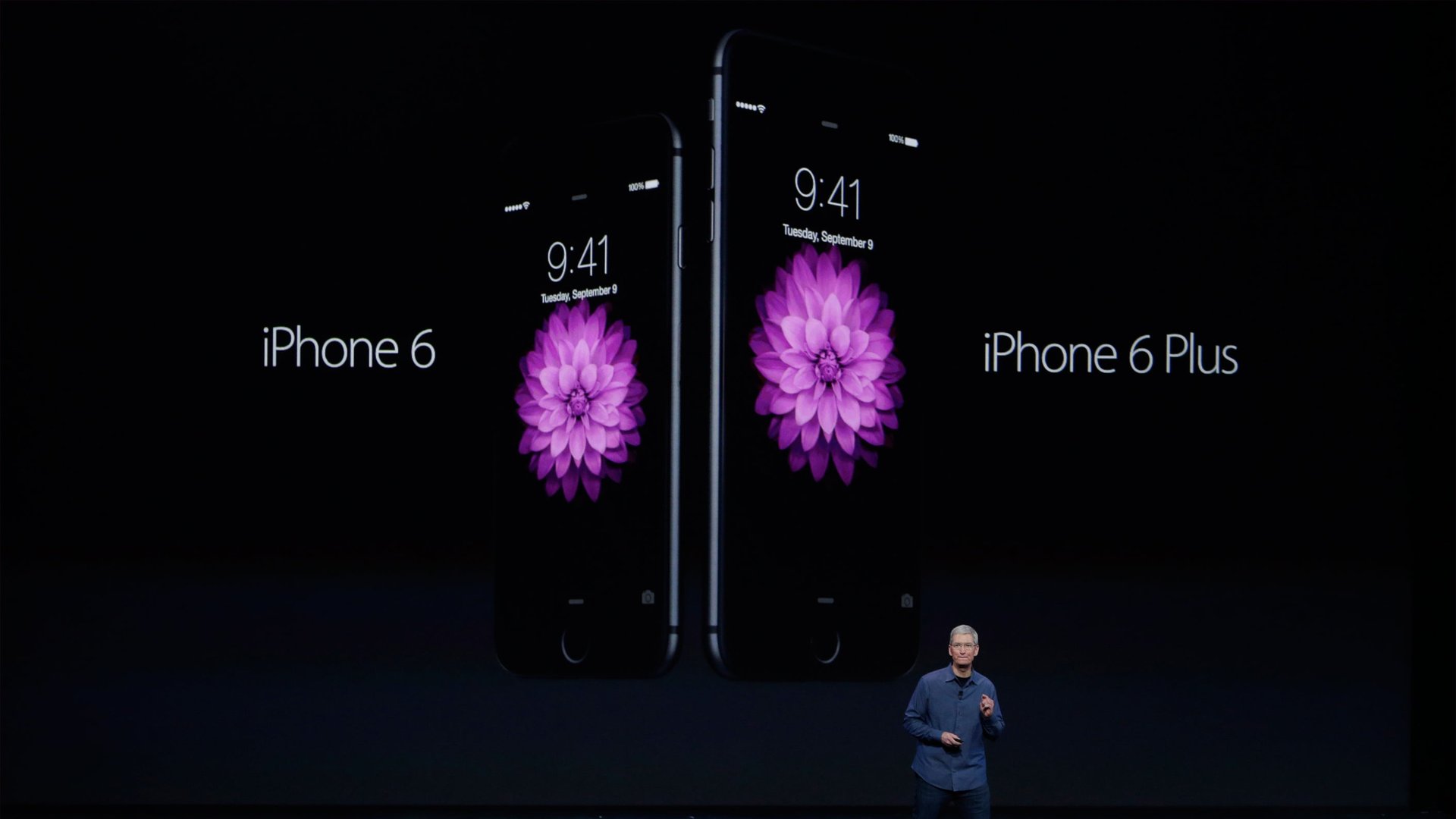What iPhone customers really want next from Apple: fewer bugs
Apple is known for making well-built, beautiful products that “just work,” but lately they’ve been met with grumblings that the usually intuitive software is not living up to Apple’s standards. It sounds like Apple is planning to address this with iOS 9, the next iteration of its mobile operating system.


Apple is known for making well-built, beautiful products that “just work,” but lately they’ve been met with grumblings that the usually intuitive software is not living up to Apple’s standards. It sounds like Apple is planning to address this with iOS 9, the next iteration of its mobile operating system.
While iOS updates have traditionally hinged on a new big feature tied to the latest iPhone, such as Touch ID or Apple Pay, Apple’s focus with iOS 9 will be to make the next version of software for its iPhone, iPad, and iPod touch more stable, according to 9to5Mac’s Mark Gurman. (We’ve reached out to Apple for a comment on Gurman’s report and will update this post as warranted.)
It’s hard to point to one major flaw in Apple’s desktop or mobile systems that marked the perceived slide in software quality—it’s more a death by a thousand cuts. But many critics have been speaking out on the subject.
Journalist Glenn Fleishman recently outlined all of the issues across Apple’s software that he believes the company needs to address, from WiFi troubles to Mail problems, to the fact that OS X Yosemite seems to require far more reboots than previous versions of the software did. Core programs that are supposed to be easy to use are now a buggy hodgepodge of experiences, Fleishman observed. Apple’s iTunes, for example, was once a necessary evil for owning an iPod or an iPhone. Now, iTunes is a file manager, media store, and device manager in one, and does none of these things well.
In a widely circulated essay early this year, long-time iPhone developer Marco Arment argued that Apple’s marketing-driven push to release a new operating system version every year makes it “clearly impossible for the engineering teams to keep up.”
Apple will most likely stick to the release cycle for operating system updates, at least for the iPhone. But with a company at a crossroads on the quality question, it would be smart to dedicate more resources to stability and performance, even at the expense of new bells and whistles.